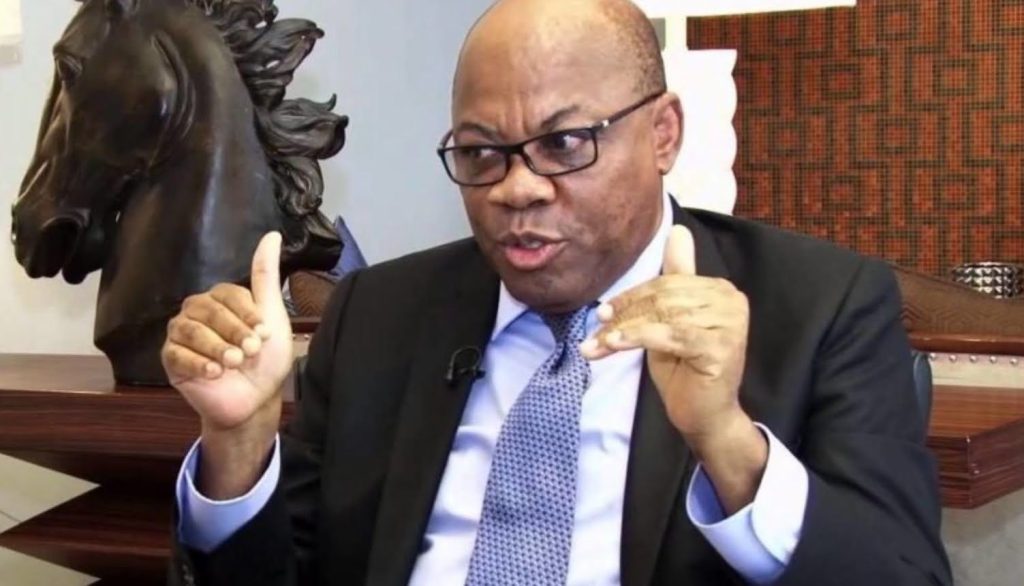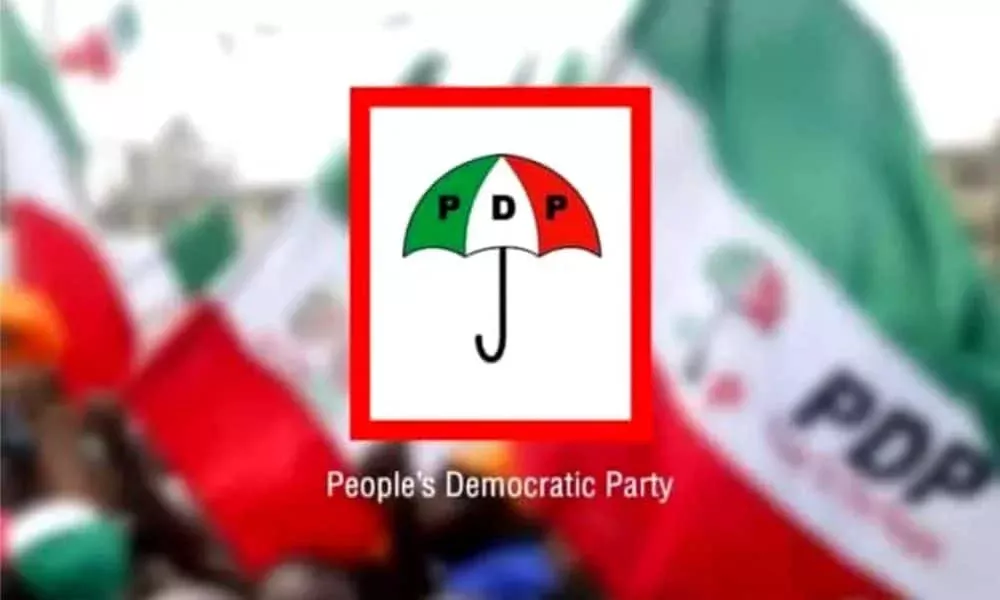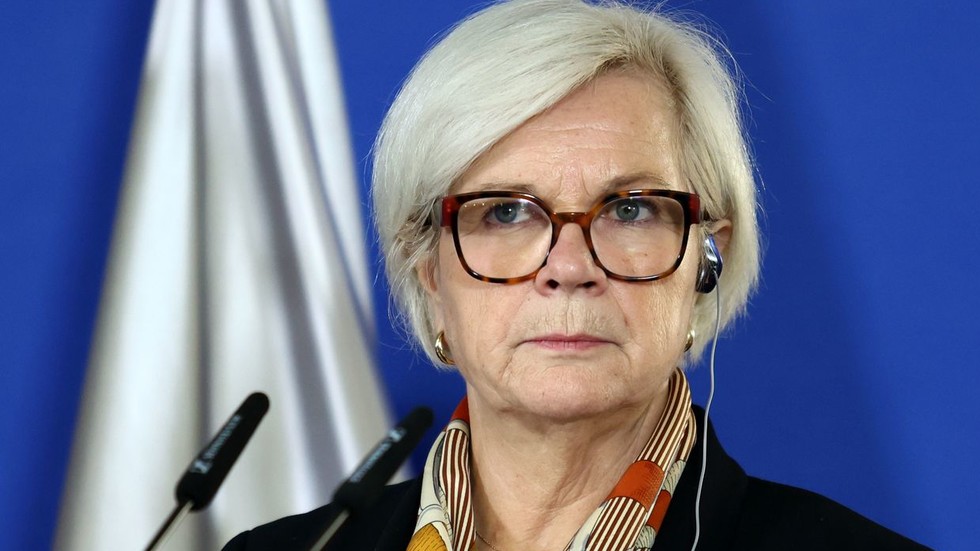Nigerian Authorities Criticized for Arresting Social Media Activist Over Hunger Protests
Amnesty Nigeria has called on the Nigerian authorities to immediately and unconditionally release social media activist Junaidu Abdullahi, who was sent to prison for calling for mass protests against widespread hunger and economic hardship.
According to reports, Mr. Abdullahi, popularly known as Abusalma, was picked up by security agents on Wednesday and taken to Abuja. He was later returned to Kano, where a court ordered his remand for three weeks.
The social media activist recently made a video, saying that any Islamic cleric who spoke against the planned protest should be pulled down from the pulpit. He later apologized to the clerics for making the comments and pulled down the post.
In a statement issued on Saturday, Amnesty Nigeria criticized the authorities for arresting critical voices, saying it should not be a priority at a time when millions of people are on the brink of starvation, widespread malnutrition, and deep poverty.
The statement reads, “The Nigerian authorities must immediately and unconditionally release social media activist Junaidu Abdullahi [Abusalma] who was sent to Kano prison for posting a viral Tik Tok video calling for mass peaceful protest over widespread hunger across the country.”
The organization also recalled how the administration of President Bola Tinubu made several attempts to suppress dissenting voices and silence critics of the economic hardship gripping the nation.
In February, the Nigerian authorities unlawfully arrested Aisha Jibrin, Fatima Aliyu, Fatima Isyaku, and twenty-two others in Minna, Niger State, for participating in protests against the staggering cost of living crisis people are facing nationwide. Additionally, Kano state police command unlawfully arrested Fatima Auwal, the leader of the women local bread [Gurasa] bakers, who were protesting the unbearable hike in the price of flour, a key ingredient in the production of the local bread.
Nigeria’s current economic chaos has led to unprecedented inflation, triggering high costs of food, medicine, and electricity tariffs, as well as tuition fees for public universities. These challenges are placing undue stress on families, businesses, and communities, according to the statement.



